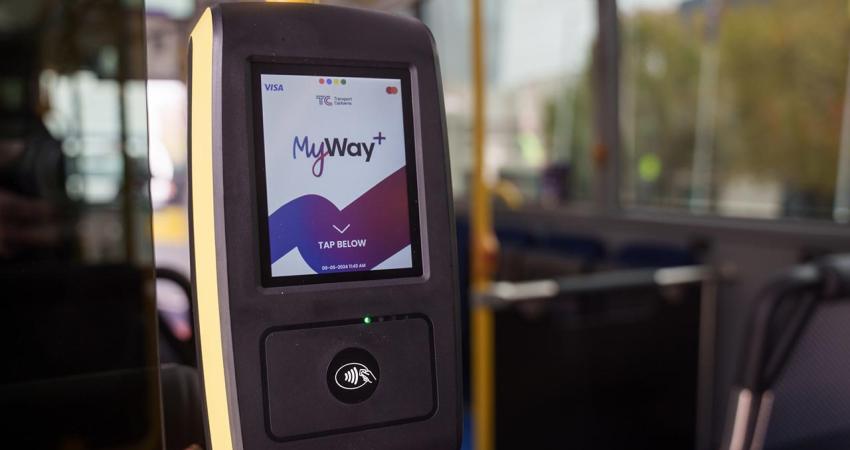Aurora’s self-driving technology will be incorporated into Hyundai Motor’s (Hyundai) vehicles in an agreement to bring Level 4 autonomy to market by 2021. The partnership aims to deploy autonomous driving quickly, broadly and safely with Hyundai’s new generation fuel-cell vehicle to be the first test model this year. In the long term, both companies will work to commercialize these vehicles worldwide.
The project will initially focus on the ongoing development of hardware and software for automated and autonomous driving and the back-end data services required for vehicles to operate without human input or oversight under select conditions.
Hyundai’s fuel-cell vehicle will make its global debut next week at this year’s Consumer Electronics show 2018, in Las Vegas.
Dr. Woong Chul Yang, Vice Chairman of Hyundai Motor, said: "We know the future of transportation is autonomous, and autonomous driving technology needs to be proven in the real-world to accelerate deployment in a safe and scalable manner. Combining our advanced vehicle technology that embeds the latest safety features with Aurora's leading suite of Level 4 autonomous technology will advance this revolution in mobility with Hyundai in a leadership position."
More information is available on the %$Linker:
Hyundai and Aurora partner to develop Level 4 AVs by 2021
Aurora’s self-driving technology will be incorporated into Hyundai Motor’s (Hyundai) vehicles in an agreement to bring Level 4 autonomy to market by 2021. The partnership aims to deploy autonomous driving quickly, broadly and safely with Hyundai’s new generation fuel-cell vehicle to be the first test model this year. In the long term, both companies will work to commercialize these vehicles worldwide. The project will initially focus on the ongoing development of hardware and software for automated and




